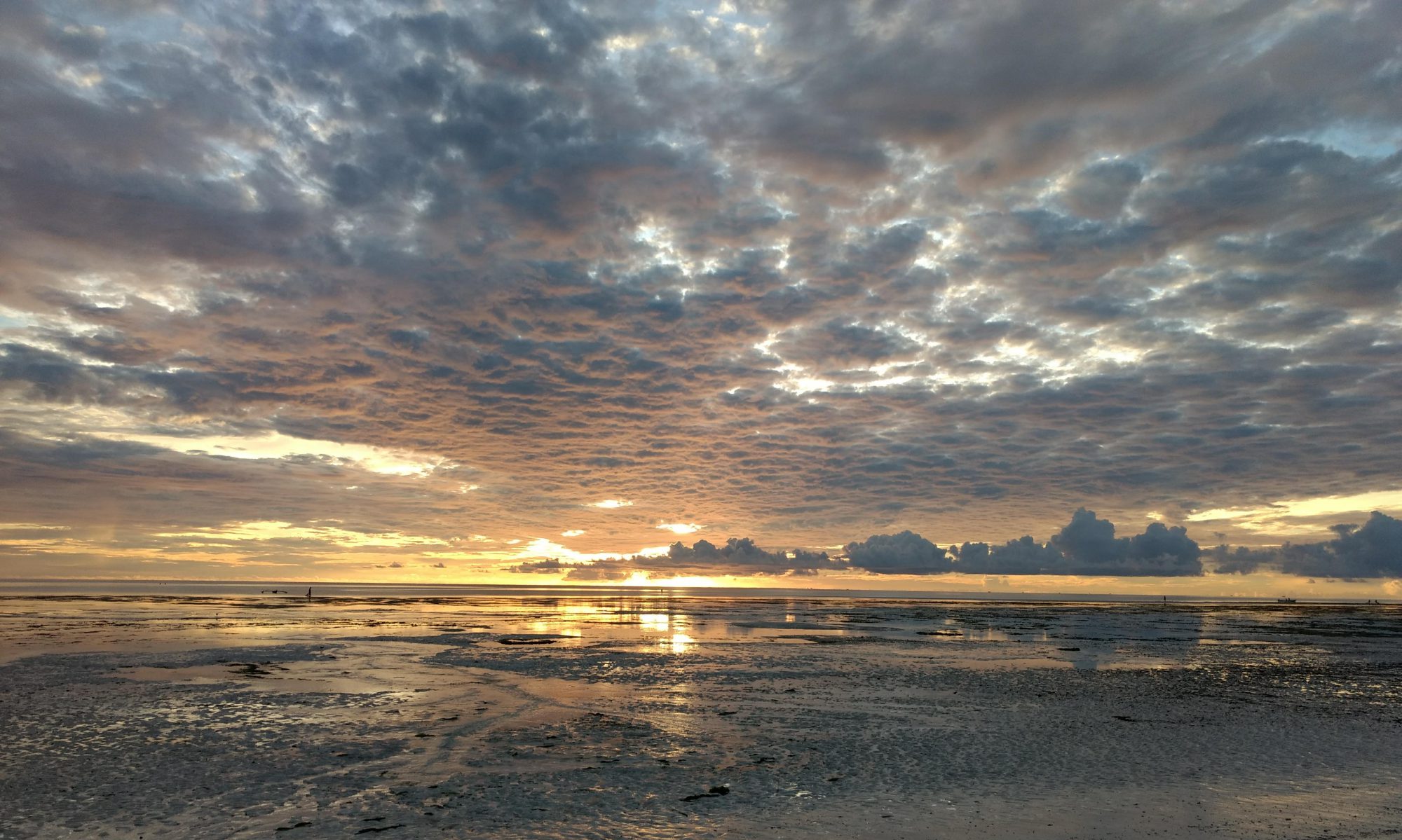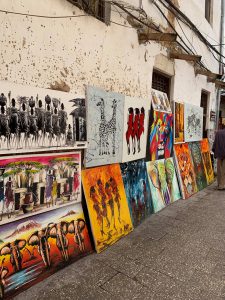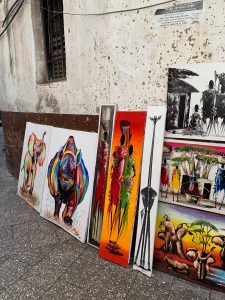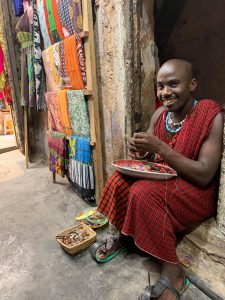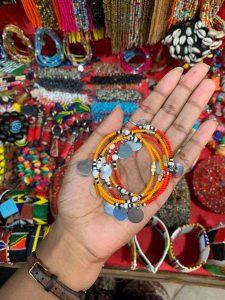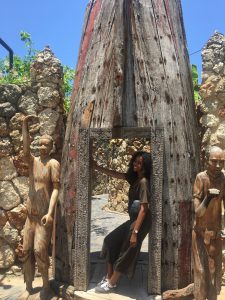It’s safe to say that during two months in Zanzibar, I’ve experienced some very unfortunate situations. Everything from getting robbed and injured to getting typhoid fever my last two weeks. But nonetheless, I’ve enjoyed this time to the fullest and wouldn’t change it for anything in the world. For me, this MFS has been both a personal journey as well as it has benefitted my studies and given me an incredible eye-opener to a whole different culture. I’ve made friends from all over the world, learned some Kiswahili, lived 5 minutes from the most beautiful sea and in the heart of a UNESCO heritage city. Most valuable of all, I’ve gotten to collect data on one of the most interesting places in the world.
I now have 8 weeks of observations and several interviews done, which I concluded in the last week. To be honest, studying colorism has been a bit tricky, something I knew would be a difficult topic to discuss from the get-go. In many cultures, it’s not common to speak about the discriminatory practice and it is not viewed as a form of internalised racism. Approaching people with my subject has therefore been a challenge as many people were of the idea that it’s simply evident that being of lighter skin is better and more beautiful. I’ve discovered that colorism, in fact, does affect women in various ways, be it in unconscious or conscious. Some of my interviewees witnessed being teased in school for the color of their skin, received nicknames based on their skin complexion and overall, described that women with lighter skin color have it much easier in several settings. At the same time, I learned that the revolution in Zanzibar and the unity of the people has, according to my observations and my interviews, led to colorism not being as palpable on the island archipelago as on the mainland of Tanzania.
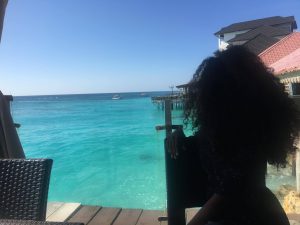
I’m thankful for SIDA for giving me this opportunity and in general, thankful that I live in a country that has the means to be able to provide young generations with this type of life-changing experiences. I’m thankful for all the friendships I made, my interviewees who so kindly offered me their time , the staff at SUZA who not only taught me swahili but also helped me understand the culture of Zanzibar and assisted me with knowledge and help in all my endeavors. My journey ends here for now, but I will definitely be back soon. Asante sana Zanzibar, you have changed me forever.
